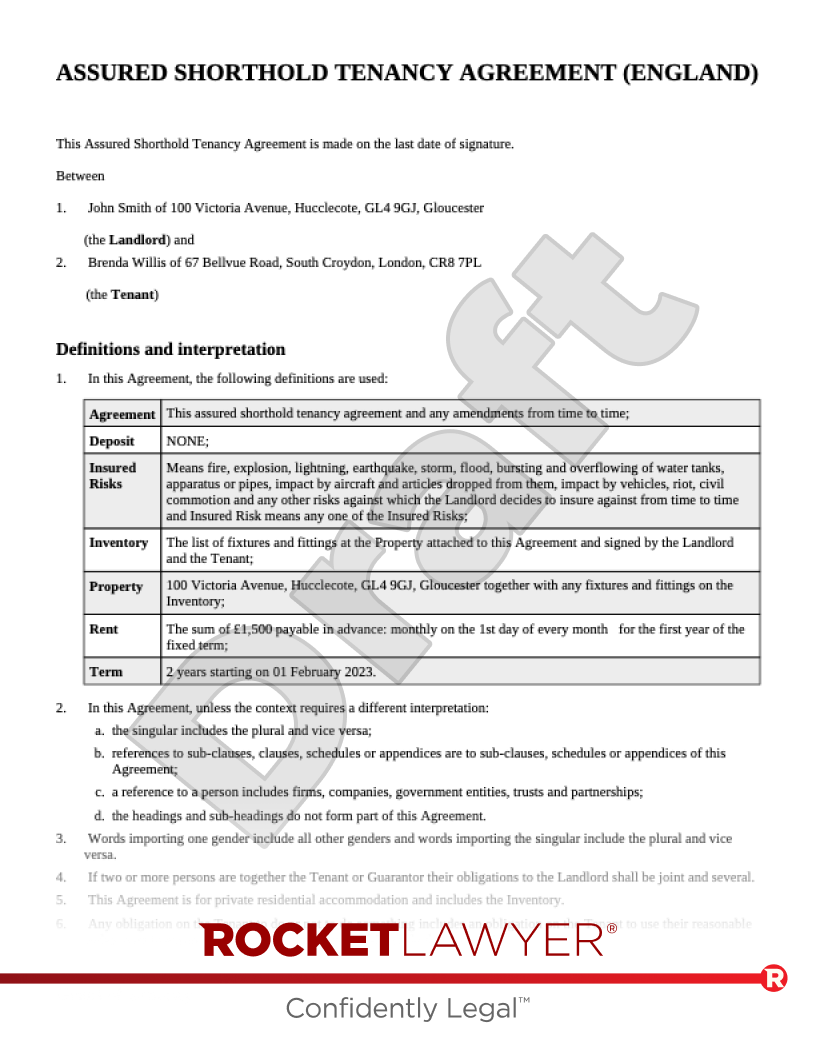Freehold
If you own a property or are looking to buy a property that is freehold this means that you own the whole property and the land it is built on. You have no time limit to ownership.
Owning a freehold property means that you have the right to deal with the land as you wish, subject to laws and planning permissions.
Leasehold
A leasehold property is leased from the freehold owner and is the ownership of the property -but not the land- for a fixed term. A flat is usually a leasehold property with the building remaining with the landlord.
If you have a leasehold property you only own it for a certain number of years. For commercial property, this may be for a short period of between 2-6 years or for residential property it may be for longer, either 99 years or 125 years.
The agreement between you and the freehold owner is the lease that contains details of the rent to be paid for the property and your obligations.
It is usual for a lease to contain a requirement that the landlord’s consent is required to let or sell the property and you will be responsible for the landlord’s costs for obtaining the required consent.
It is sometimes possible for the length of a lease to be extended or for a part of the freehold to be purchased.
Commonhold
Commonhold property is a variant of a freehold property. Commonhold is where a multi-occupancy building is divided into flats each with its own freehold.
As an owner of a commonhold flat, you would be responsible to manage and maintain the common and external parts of the building (ie the stairs and hallways) jointly with the other flat owners.
Scotland
In Scotland, property can either be held in outright ownership or as a leasehold. There is no equivalent to commonhold property.
Outright ownership
In Scotland, most property is owned in ‘outright ownership’ (also known as a ‘heritable title’). Property in outright ownership is comparable to freehold property.
Leasehold
Leasehold properties are very rare in Scotland. In Scotland, aspects of leasehold properties are generally dealt with through the use of Deeds of Conditions (these set out title conditions and are similar to covenants) and reliance on the law.




